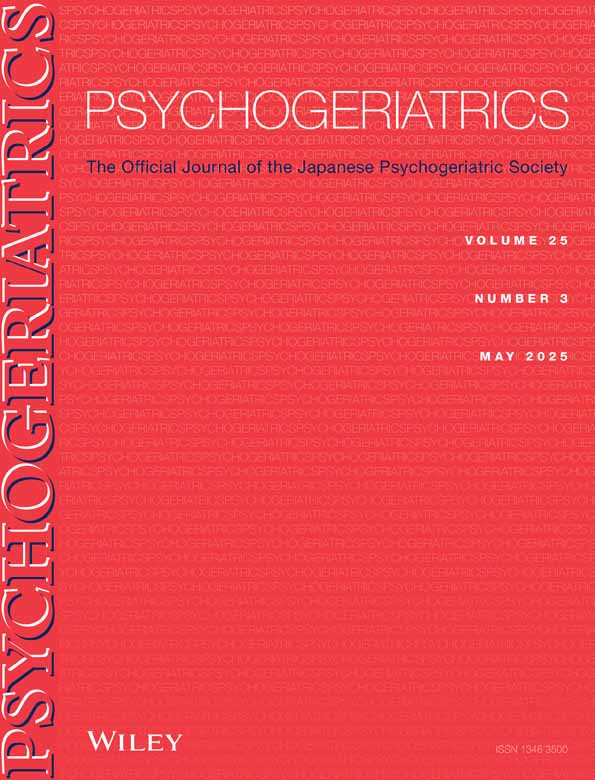Gender differences in the association of sleep quality with perceived physical and mental health in Iranian elderly
Disclosure: There is no conflict of interests to declare.
Abstract
Background
The relationship of sleep with objective health measures is well-known, but the link between sleep quality and self-rated health is less clear. We investigated the association of sleep quality with self-rated physical and mental health in a sample of Iranian elderly.
Methods
The cross-sectional study was performed on older men (n = 92) and women (n = 213). Sleep quality and self-rated health were assessed by Pittsburgh Sleep Quality Index (PSQI) questionnaire and Patient-Reported Outcomes Measurement Information System (PROMIS), respectively. The association of sleep quality and PROMIS scales were examined by linear regression analysis.
Results
Both men and women indicated high levels of poor sleep quality, but women had a worse condition (P < 0.001). Women also had lower scores of perceived global and physical health compared to men (P < 0.001 for both) but mental health score was not different between genders (P = 0.114). Sleep quality was associated with PROMIS scales of physical, mental, and global health in the crude regression model for both men and women but it was not associated with mental health scale after controlling for potential confounders in men. Physical health and fatigue were associated with poor sleep quality in both men and women. Mental health, emotional problems, pain, quality of life, and performing social activities/roles were associated with poor sleep quality only in women.
Conclusions
Good sleep quality may help both genders for general and physical health, but older women may also benefit in terms of emotional and mental health.
Open Research
DATA AVAILABILITY STATEMENT
The datasets used and/or analyzed during the current study are available from the corresponding author on reasonable request.




